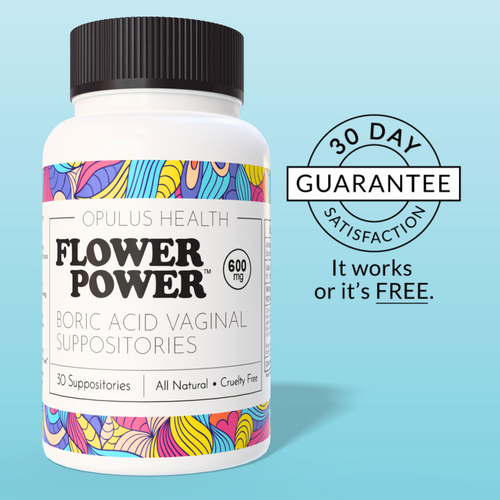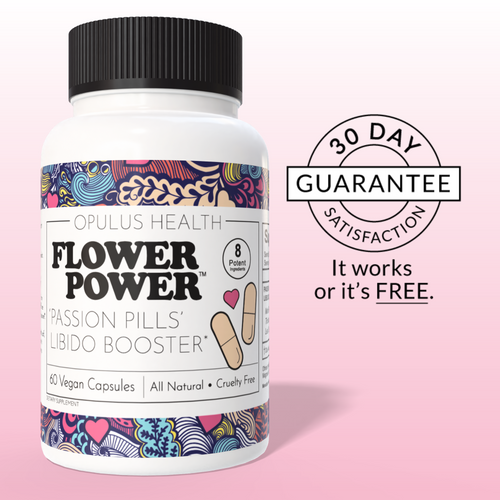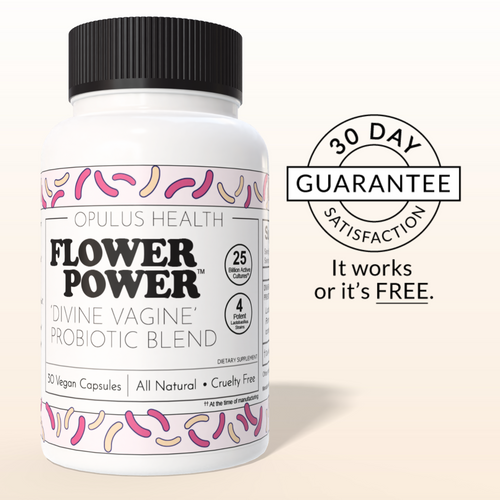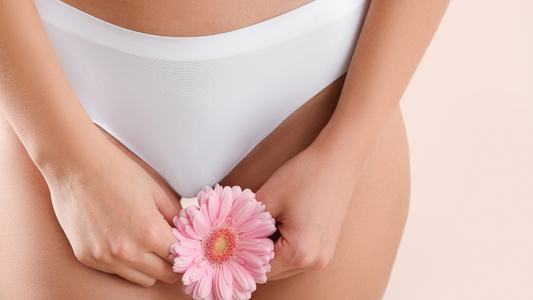Vaginal dryness is a common issue that many women experience at some point in their lives, yet it is often misunderstood or overlooked. Beyond causing physical discomfort, vaginal dryness can significantly impact sexual desire, leading to low libido and affecting overall intimacy and quality of life.
Understanding this connection is essential. Low libido is not merely a psychological issue; physical factors, like insufficient vaginal lubrication, play a critical role. In fact, studies indicate that women who experience chronic vaginal dryness are more likely to report decreased sexual satisfaction and a reduction in sexual desire. Addressing the root causes of dryness—whether hormonal, lifestyle-related, or medical—is key to restoring both comfort and libido.
What Causes Vaginal Dryness?
Hormonal Changes
Hormonal fluctuations are among the most common causes of vaginal dryness. Declining estrogen levels during menopause or perimenopause can reduce natural lubrication. Similarly, pregnancy, postpartum recovery, and certain forms of birth control can temporarily alter hormone levels, affecting vaginal moisture. These hormonal shifts not only contribute to dryness but can indirectly lower libido due to discomfort or psychological stress.
Medications and Medical Conditions
Several medications, including antihistamines, antidepressants, chemotherapy drugs, and certain diuretics, can reduce vaginal lubrication. Additionally, chronic medical conditions such as diabetes or autoimmune disorders may alter tissue health and mucosal hydration, exacerbating dryness.
Lifestyle and Environmental Factors
Lifestyle habits and environmental exposures play a significant role. Dehydration from insufficient water intake, excessive caffeine or alcohol, smoking, chronic stress, and wearing tight, non-breathable clothing can all contribute to vaginal dryness. Over time, these factors may create a cycle of discomfort that affects sexual desire.
How Vaginal Dryness Affects Libido
Physical Discomfort During Intercourse
One of the most immediate effects of vaginal dryness is discomfort during sexual activity. Insufficient lubrication can cause friction, leading to pain, burning, or irritation. When intimacy becomes uncomfortable or painful, sexual desire naturally declines.
Psychological Impact
Beyond physical discomfort, vaginal dryness can influence mental and emotional well-being. Anxiety about potential pain, frustration from repeated discomfort, or a negative body image may reduce sexual confidence, leading to diminished libido.
The Vicious Cycle
Vaginal dryness and low libido can create a self-reinforcing cycle. Avoidance of intimacy due to discomfort reduces sexual stimulation, which in turn diminishes natural lubrication and desire. Breaking this cycle requires addressing both physical and psychological components.
Recognizing the Signs of Vaginal Dryness and Low Libido
Understanding the symptoms is crucial for early intervention. Signs of vaginal dryness include:
-
Persistent itching or irritation
-
Burning sensations
-
Pain during sexual activity
-
Recurrent infections
Signs of low libido may include:
-
Decreased interest in sexual activity
-
Reduced sexual thoughts or fantasies
-
Difficulty achieving arousal or sexual satisfaction
Early recognition allows for targeted interventions, ranging from lifestyle adjustments to supplementation or medical treatment.
Natural and Medical Strategies to Restore Vaginal Moisture and Boost Libido
Lifestyle Adjustments
Maintaining hydration is fundamental. Drinking sufficient water supports mucosal lubrication. Stress management techniques, such as meditation, yoga, or breathing exercises, can prevent dryness linked to chronic tension. Regular exercise and sufficient sleep also promote overall hormonal balance and sexual wellness.
Nutrition and Supplements
A nutrient-rich diet supports vaginal tissue health and sexual desire. Key nutrients include omega-3 fatty acids, vitamins C and E, zinc, and amino acids. Natural, hormone-free supplements like She Juicy™ can provide internal hydration, restore moisture, and protect mucosal tissues. These supplements are designed to complement dietary efforts without relying on hormones.
Topical and Internal Moisturizers
External lubricants offer immediate relief, particularly during intercourse, while internal vaginal moisturizers work from within to sustain hydration. Using both in tandem can provide comprehensive benefits, breaking the cycle of dryness and discomfort.
Medical Interventions
In cases where natural strategies are insufficient, medical interventions may be necessary. Hormone therapy or prescription medications can target estrogen deficiency or other underlying causes. Consulting a gynecologist ensures the safest and most effective treatment plan.
Frequently Asked Questions
Can vaginal dryness really lower sexual desire?
Yes. Vaginal dryness can cause physical discomfort, irritation, or pain during intimacy, which can directly reduce sexual arousal and desire. Chronic dryness may also contribute to avoidance of sexual activity, reinforcing a cycle of low libido.
What are the best ways to naturally improve vaginal moisture and libido?
Effective strategies include staying hydrated, consuming nutrient-rich foods like omega-3 fatty acids, vitamins C and E, zinc, and amino acids, practicing gentle hygiene, using hormone-free supplements such as She Juicy™, and incorporating internal and external moisturizers. Together, these approaches support mucosal hydration, enhance comfort, and can improve sexual desire.
Does menopause always cause both dryness and low libido?
Not necessarily. While declining estrogen during menopause increases the risk of vaginal dryness and reduced libido, many women can manage symptoms with lifestyle adjustments, dietary changes, and hormone-free supplements. Individual experiences vary, so personalized strategies are key.
Are hormone-free supplements effective for restoring vaginal lubrication?
Yes. Supplements containing Slippery Elm Bark, amino acids, and minerals support vaginal tissue hydration naturally. They help restore comfort, reduce irritation, and can improve sexual pleasure without the risks associated with hormone therapy.
Is it normal to experience vaginal dryness even if I’m not in menopause?
Yes. Women of all ages may experience dryness due to hormonal fluctuations, medications, stress, or lifestyle factors. Recognizing this as a normal yet manageable condition helps encourage proactive self-care and intervention.
Restore Comfort, Boost Libido, and Reclaim Your Sexual Confidence
Vaginal dryness is more than just a physical inconvenience—it directly influences sexual desire and overall quality of life. Understanding the connection between dryness and low libido empowers women to take actionable steps.
By combining hydration, diet, gentle hygiene, natural supplements like She Juicy, and mindful sexual practices, women can restore vaginal comfort, improve arousal, and enjoy fulfilling intimacy. If symptoms persist, consulting a healthcare provider ensures the right approach for your unique needs.

















